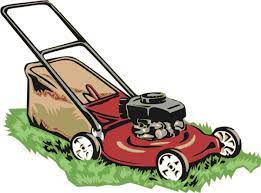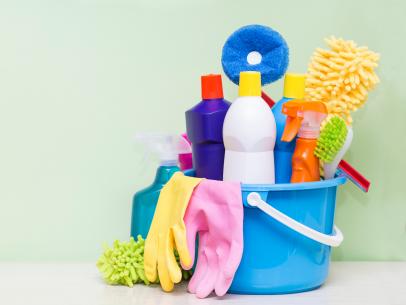Yard Work Safety
Itching to get the yard into shape for the summer? Always wear protective clothing when you handle pesticides and fertilizers. Before you do any “hands on” weed removal, be sure you know how to identify poison ivy, sumac, oak and similar toxic plants. Find out ahead of time how to treat the rashes they cause to reduce the irritation. Here are more ways to help ensure your spring spruce-up is disaster-free.
Lawn Mowers
More than 60,000 people are treated in emergency rooms each year for lawn-mower injuries
- Rake before you mow to prevent any stones and loose debris from launching into the air
- Never operate a mower in your bare feet and avoid wearing loose clothing.
- Never start a mower indoors.
- Refueling your mower, make sure the engine is off and cool. Don’t spill gasoline on a hot engine – and DON’T SMOKE while pouring gasoline.
- Never leave your mower unattended.
- Don’t use electrical mowers on wet grass.
Lawn Equipment
At least 55,000 people each year sustain injuries from trimmers, lawn edgers, pruners and power saws.
- Read the manufacturer’s instructions carefully before using the tools.
- Inspect the product for damage and don’t use it if there are problems.
- Use proper eye protection.
- Make sure blade guards are in place on all cutting equipment.
- Don’t let tools get wet unless they are labeled “immersible.
- Unplug all tools when not in use.
- Make sure the tool is in the “off” position before you plug it in.
- Store gasoline-powered equipment away from anything that uses a pilot light.
- Make sure you use the right saw for the task and always wait for the saw blade to stop before pulling away from a cut to avoid kickback.
- When pruning trees, be careful not to let metal ladders or trimmers contact overhead wires.


Spring Cleaning Safety Tips
Before you start your spring cleaning, the Illinois Poison Center (IPC) advises you to take additional precautions when clearing out cupboards, closets, basements and garages. Spending a few extra minutes to correct any potential poisoning hazards in your home could prevent serious harm — even death — for a family member, neighbor or pet.
To protect your family from an accidental poisoning exposure during your spring clean-up, the IPC offers the following tips for poison-proofing your home:
- Always read the product label first and use the product according to the label directions on all cleaning products.
- Keep all cleaning products in their original containers with original labels. Many poisoning incidents happen when a chemical is moved into containers that kids recognize, such as a water bottle or a Gatorade bottle.
- Store cleaning products out of sight, in locked cabinets.
- Keep all household cleaning products and other poisonous products separated from food products.
- Never leave a cleaning product open and unattended.
- When using cleaning products, work in well-ventilated areas.
- Dispose of cleaning products according to the product label or at your community chemical waste drop-off site.
- Never combine chemicals together, especially if they contain bleach or other chlorine-active compounds (sodium hypo-chlorite). If bleach is mixed with ammonia or ammonium-based products, it will release a noxious gas called chloramine. If bleach is mixed with an acid-based product, such as a toilet bowl cleaner or lime remover, it will release chlorine gas. These types of poisonings often occur in the bathroom, in part, because many bathroom cleaners are acid-based.
Because of their curious nature, children frequently come in contact with household cleaning products. Keeping the IPC phone number on all your phones will ensure you don’t waste precious seconds when dealing with a poisoning emergency. (1-800-222-1222)
When cleaning, keep these other safety tips in mind:
- Be safe while on ladders and step stools.
- Be careful when walking on wet surfaces.
- Don’t carry too much stuff at once, especially on stairs.
- Wear a mask when cleaning dusty areas.
- Do not leave buckets filled with water around your home.
- Put away all your cleaning supplies when you are done.
